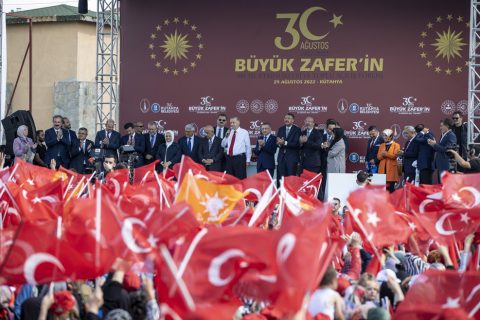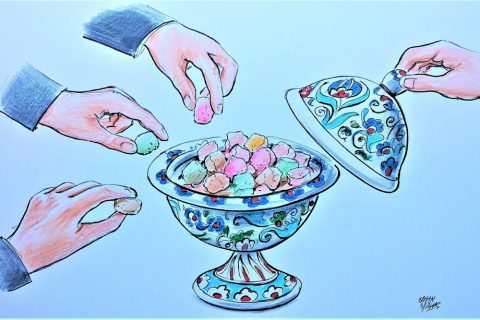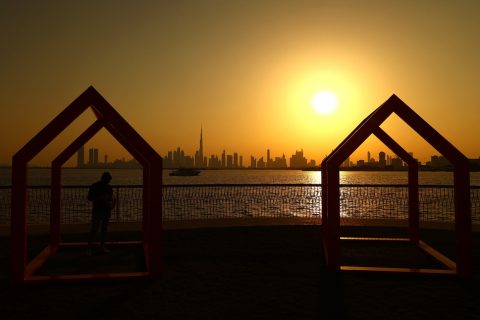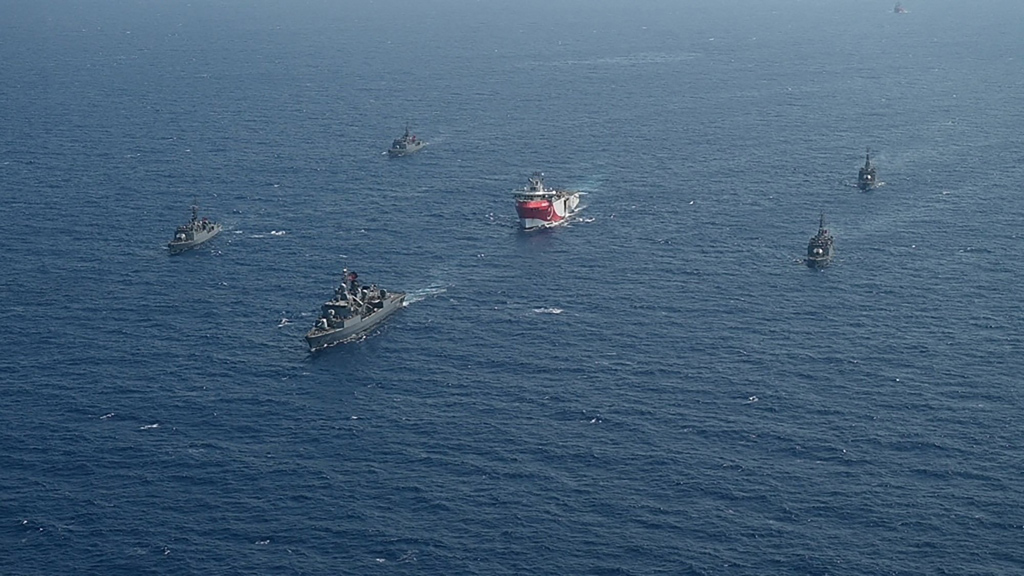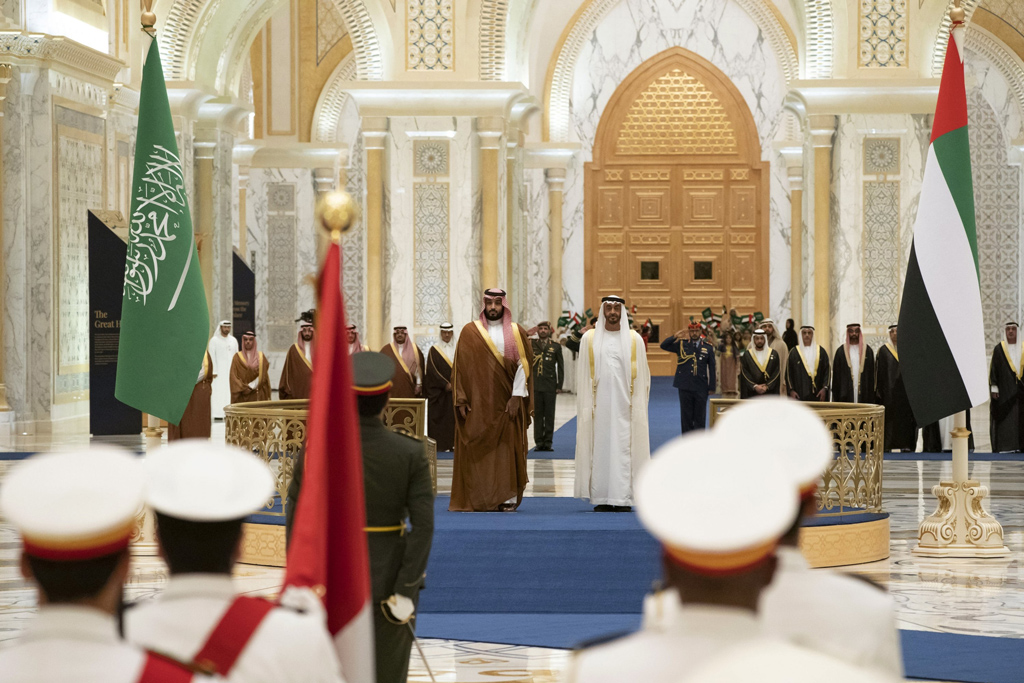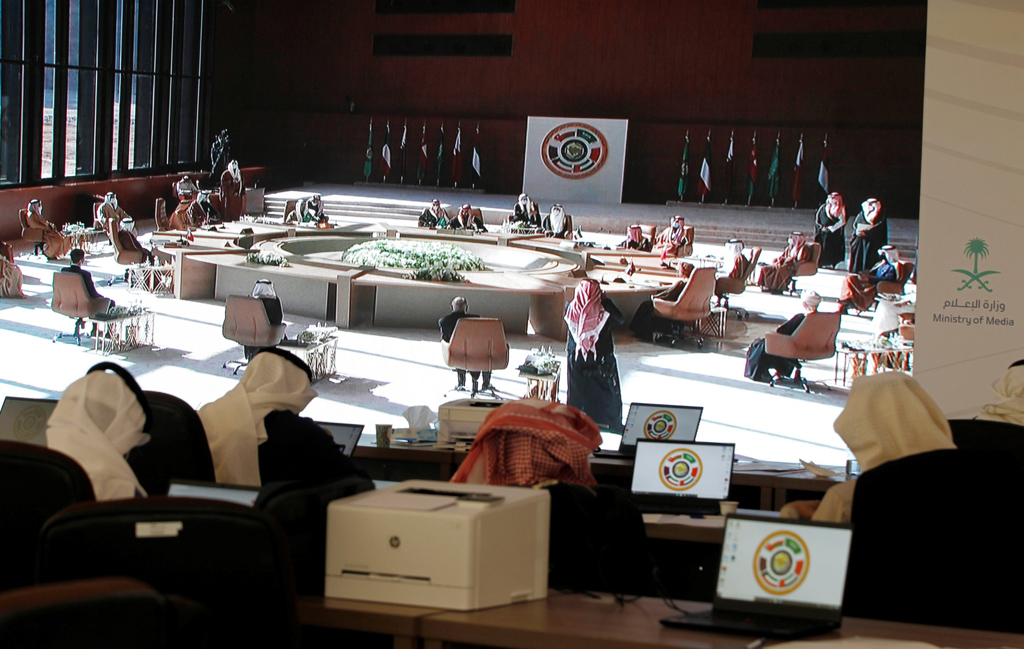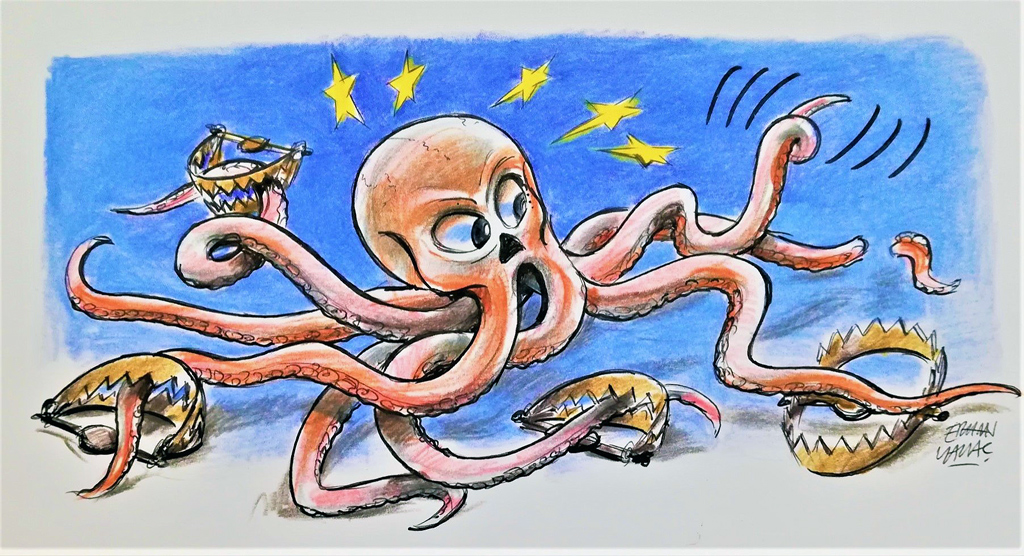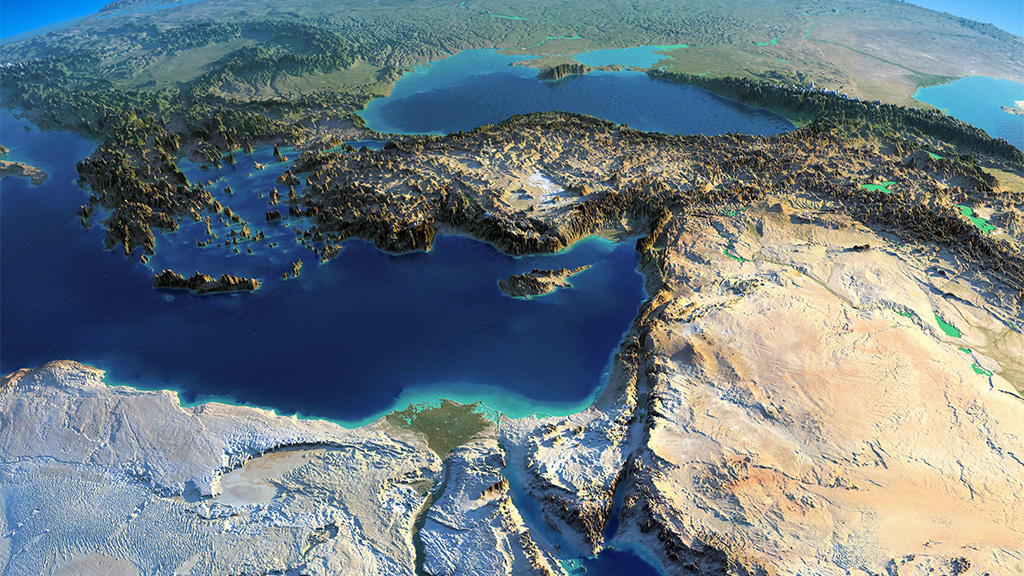2017-2021 Qatar Diplomatic Crisis | The Qatar Blockade
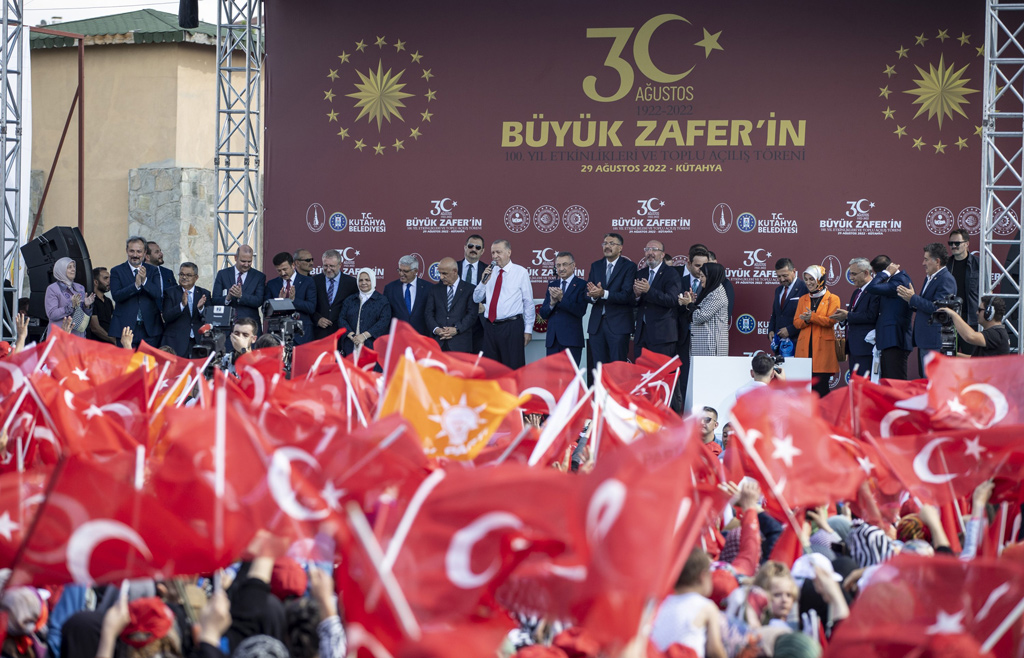
AK Party foreign policy: The regional context
| OpinionUnder the leadership of the Justice and Development Party (AK Party) governments and President Recep …
-
Opinion
AK Party foreign policy: The regional context
By Muhittin AtamanAs Türkiye learns to use its soft power along with its military might, it continues to pursue a successful foreign policy and a role as a regional leader
-
Opinion
Clues to comprehend Turkish foreign policy
By Burhanettin DuranThe Russian invasion of Ukraine continues to reshape the international balance of power. In this new era, Türkiye distinguishes itself thanks to its diplomatic activity. Indeed, the country has been so important that the Western media, which constantly refer to President Recep Tayyip Erdoğan as “the sultan,” cannot help but concede that cooperation with Türkiye is absolutely necessary. Surely enough, all eyes turned to Erdoğan when the world needed a broker between Russia and Ukraine, someone needed to create a "grain corridor" in the Black Sea and when Sweden and Finland applied for NATO membership.
-
Opinion
How is the Turkey-Gulf normalization going?
By Muhittin AtamanTurkey has been enjoying good relations with three Gulf states – Qatar, Oman and Kuwait – for decades. However, Turkey’s relations with the other three members of the Gulf Cooperation Council (GCC) – the United Arab Emirates (UAE), Bahrain and Saudi Arabia – worsened due to their conflicting perspectives toward the Arab insurgencies.
Bu Konuda Daha Fazla
-
Can Turkey and Egypt fully normalize relations?
By Muhittin AtamanTurkey and Egypt, which have been experiencing a tense relationship since the military coup against the democratically elected government of Mohammed Morsi in July 2013, have initiated a new diplomatic dialogue in response to changing regional and global dynamics.
-
Qatar blockade is over but still early for regionwide...
By Talha KöseThe blockade and isolation of Qatar, led by Saudi Arabia and the United Arab Emirates (UAE), began in June 2017 and ended with a declaration at the 41st Gulf Cooperation Council (GCC) Summit on Jan. 4 in Saudi Arabia’s Al-Ula province.
-
Normalization in the Gulf and Turkey’s agenda
By Muhittin AtamanThe Qatar blockade, also known as the Gulf crisis, broke out in 2017 due to the aggressive attitude of the "alliance of the globe" toward the country. The alliance was established by U.S. President Donald Trump during his first official visit to Saudi Arabia.
-
The new face of anti-Turkey rhetoric
By Burhanettin DuranThe latest escalation in Nagorno-Karabakh reignited anti-Turkey rhetoric in the international arena. Turkey, under President Recep Tayyip Erdoğan's leadership, threw its weight behind Azerbaijan to help the country reclaim its Armenian-occupied territories.
-
Turkey’s proactive regional role and UAE’s panic
By Burhanettin DuranTurkey’s most recent steps in Libya and the Eastern Mediterranean raised questions in foreign capitals about that country’s international standing. As Americans grappled with President Donald Trump’s call to delay the 2020 elections, the European media went berzerk over the Hagia Sophia’s reclassification as a mosque. On the one hand, they called on European leaders to respond to “Sultan” Recep Tayyip Erdoğan, whom they charged with neo-Ottomanist expansionism. At the same time, European reporters appreciate that Erdoğan has been filling the power vacuum that the United States left behind, empowering his country in the process. They also understand that the Turkish president, as an experienced leader, does what his European counterparts fail to do and takes his country to a new level of agency.
